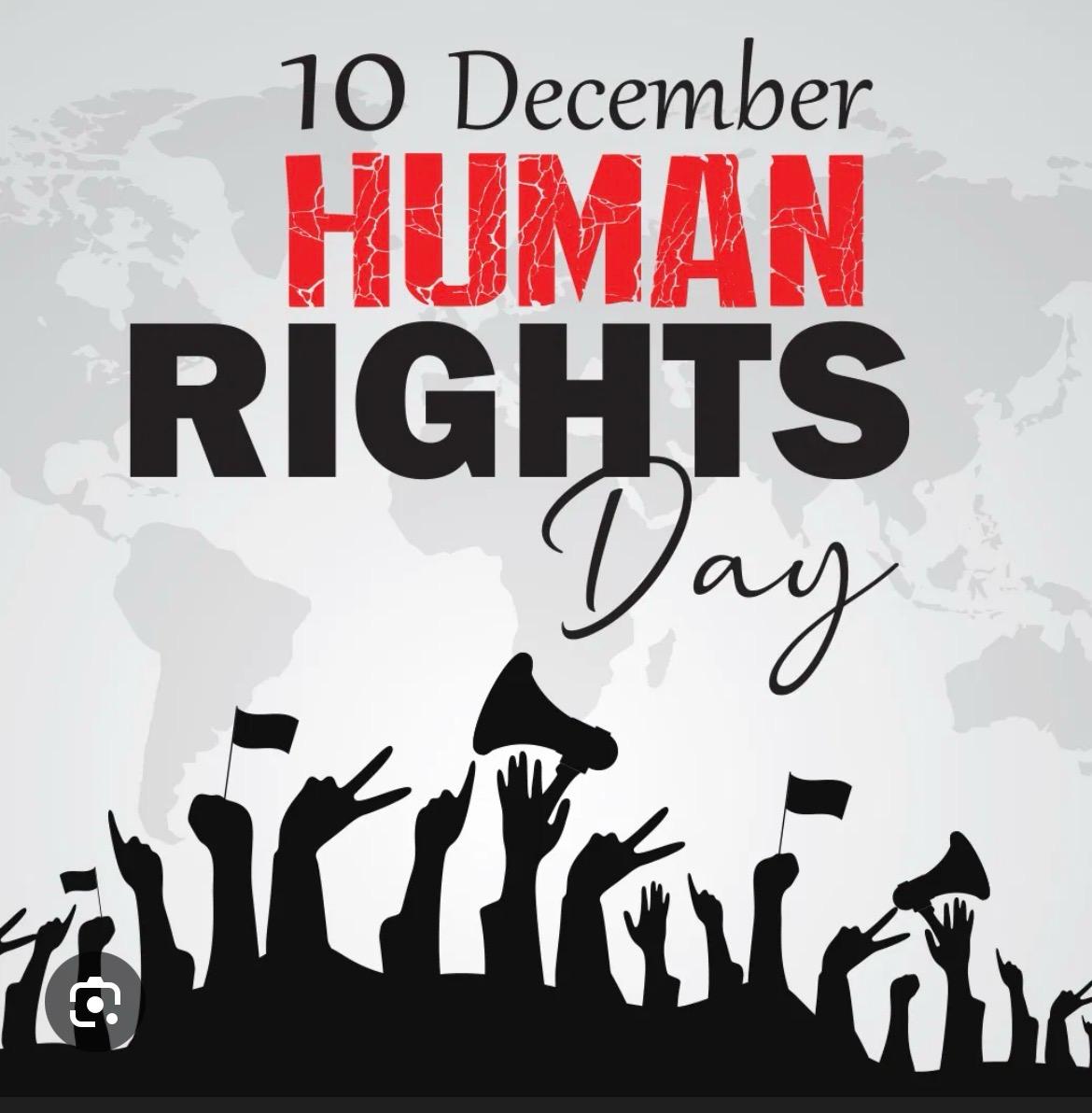Land Expropriation
Land Rights
The Land Code (Ordinance 83-127 of 5 June 1983), meanwhile, said:
Article 1 :
“the land belongs to the nation and all Mauritanians and without discrimination of any kind, some inhabitants own their own lands. By complying with the laws of ownership the land can thus be a private property”.
Article 2 :
“The State recognizes and guarantees private ownership of land which, in accordance with Sharia, contributes to the economic and social development of the owner, thus of the country.”
This code also puts an end to the traditional property of the tribe stating that “any property right that is not tied directly to any person or entity and which does not result in a legally protected development is non-existent”. This system of traditional land tenure and abolition arise, indeed, as an obstacle to the implementation of this right.
Article 6 :
Land Code recognizes that “collective rights legitimately acquired under the previous regime, previously confined to farmland, benefiting all those who have either participated in the initial development or contributed to the sustainability of the operation.”
Source: Report UNDP
While the constitution states that all land belongs to the state, the reality in Mauritania shows that in fact, the land belongs to the powerful, rich, and Beydhans.
In 1989 confiscation of Land was of the major aims of the deportations of thousands of Black Africans and it fast-tracked the process of land confiscation which was already underway for those who live along the Senegal River Valley.
In 1989 the expulsions radically changed the character of land ownership along the valley: Entire villages containing hundreds of people were summarily expelled to Senegal; others fled in fear for their lives; hundreds were imprisoned or killed. One relief worker who knew the river valley well and returned to the area several months after the deportations described the scene as “macabre.” The expulsions enabled the beydanes to take over the land formerly held by blacks. In some instances, haratines work the land now owned by beydane businessmen; in other cases, Moors repatriated from Senegal were given land to cultivate. (Source Human Rights Watch Report).
To this date land expropriation and grabbing is still going on in Mauritania, especially for Black people living in the south and those living along the Senegal river.

